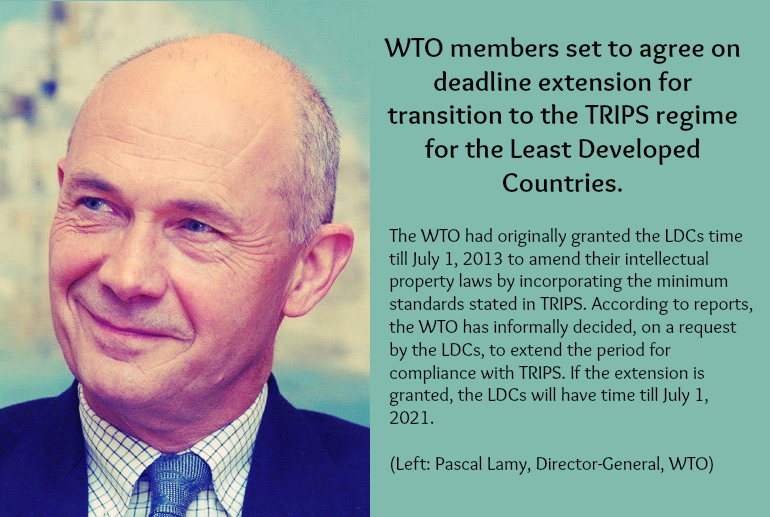June 15, 2013: The announcement allowing foreign airlines to invest in the Indian aviation sector was expected to boost domestic airlines, which — barring one — have shown losses every year because of skyrocketing oil prices and the global economic downturn. The Consolidated FDI Policy dated April 5, 2013, permitted foreign airlines to invest up to 49 per cent in the equity share capital of domestic carriers, provided certain conditions are met. One of these conditions was that substantial ownership and effective control of the Indian airline should vest in Indian nationals even after the investment.
Soon after this announcement, the Abu Dhabi-based Etihad Airways announced that it would pick up a 24 per cent equity stake in Jet Airways, a domestic carrier. The deal however, has constantly faced opposition from the Government of India, the Competition Commission of India, and the Department of Industrial Policy and Promotion (“DIPP”). The latest hurdle is whether “effective control” of Jet Airways will remain with Indian nationals after the investment. This was discussed at the meeting of the Foreign Investment Promotion Board (“FIPB”) held on Friday.
While the Consolidated FDI Policy states that effective control of a domestic carrier must remain with Indian nationals, there is no definition of the term “effective control” in the policy and the DIPP has not issued any clarification. The Government fears that Etihad may try to seek indirect control of Jet Airways with a mere 24 per cent stake, thereby undermining the policy.
On Friday, the FIPB deferred the deal saying that it required further information about the ownership and control of the domestic carrier after the investment. It appears that the FIPB is not satisfied with the structure of the deal and the information provided so far. Company officials have however stated that the deal is in line with Government regulations, as the share purchase agreement does not contain any provisions that transfer effective control to Etihad.
Under the Jet-Etihad deal, after the regulatory authorities clear the transactions, Naresh Goyal will directly own 51 per cent while Etihad will own 24 per cent. Etihad would not have veto rights or special representation on the Board of Directors and would only have received seats on the Board proportional to its stake. Additionally, Naresh Goyal, the majority shareholder holding 75 per cent stake in the airlines, is an Indian citizen and after the acquisition, it would have been the Indian owners who would have had the rights to nominate persons to the Board. At this stage however, it appears that the FIPB is not convinced with the argument and that a clear definition of “effective control” is awaited from the DIPP. Note that even if the FIPB clears the deal, the Cabinet Committee on Economic Affairs must then approve the proposal as the size of the deal is over Rupees 1,200 crore. Two other regulators, the Competition Commission of India and the Securities and Exchange Board of India, have raised the same issue.
Given the current regulatory environment, there seems to be some way to go before the deal is approved and the domestic carrier receives the much need cash infusion!
(Deepa Mookerjee is part of the faculty on myLaw.net.)
To learn more about cross-border M&A, check out myLaw.net’s online learning programme on Mergers and Acquisitions Law.




